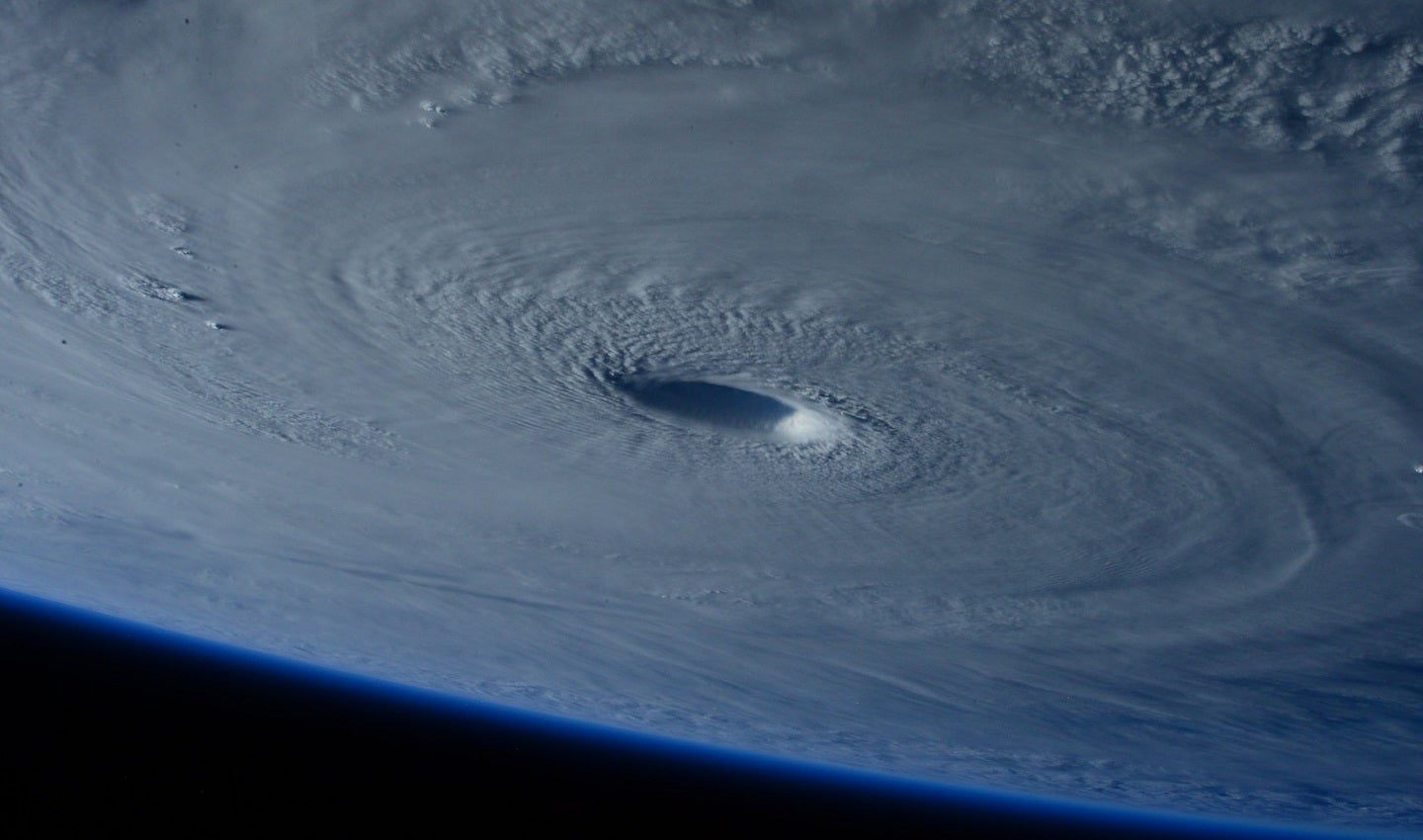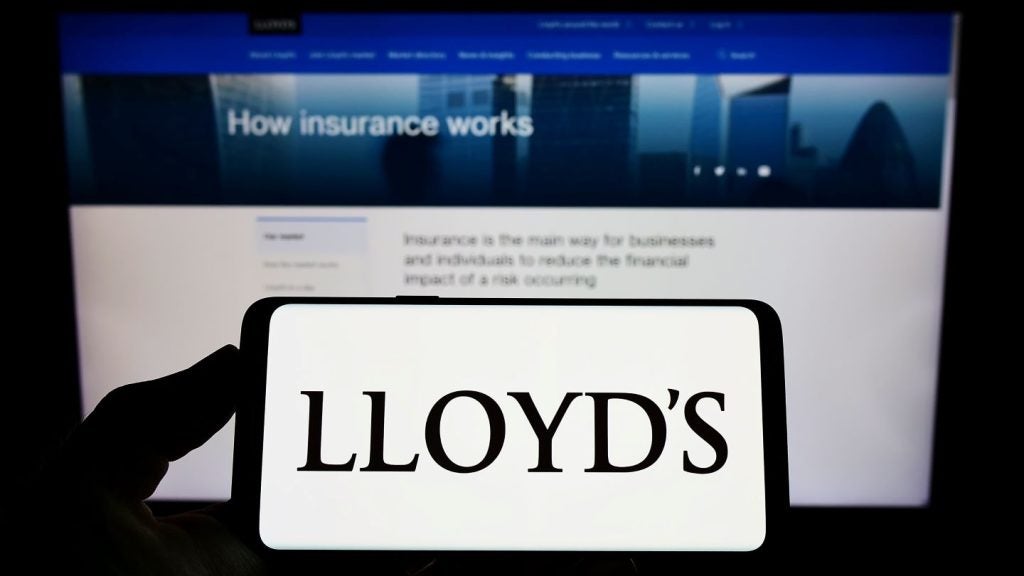
French insurance giant AXA is considering options to divest its property reinsurance operations to reduce its vulnerability to natural disasters, including hurricanes, Reuters has reported citing three people familiar with the development.
The company has started holding talks on selling its XL Re business through a possible private sale deal or stock market listing, unnamed sources told the publication.
However, the negotiations are at a preliminary stage and they may not result in a final deal.
The discussions come two years after French mutual insurer Covea reportedly showed interest in XL Re.
AXA refused to provide any update on the matter.
Some reinsurers have discontinued services that offer coverage to events related to disasters amid difficulties in assessing risk in the wake of climate change.
Their decisions were aided by events such as last year’s Hurricane Ian, which was considered to be the third most expensive storm in the history of the US.
The firms that are still offering those services have significantly rose their charges.
According to a new Gallagher Re report, the US property catastrophe reinsurance’s price has been increased by at least 50% at a key renewal date on 1 July.
AXA has been making attempts to minimise its XL Re’s AXA XL property and casualty (P&C) unit’s risk exposure to earn a more predictable income.
This has led to a reduction in revenues of the reinsurance business by around a third to $3.2bn last year, according to AXA’s 2022 accounts.
Until the end of December 2022, the Bermuda-based unit had approximately $2bn in book value.







